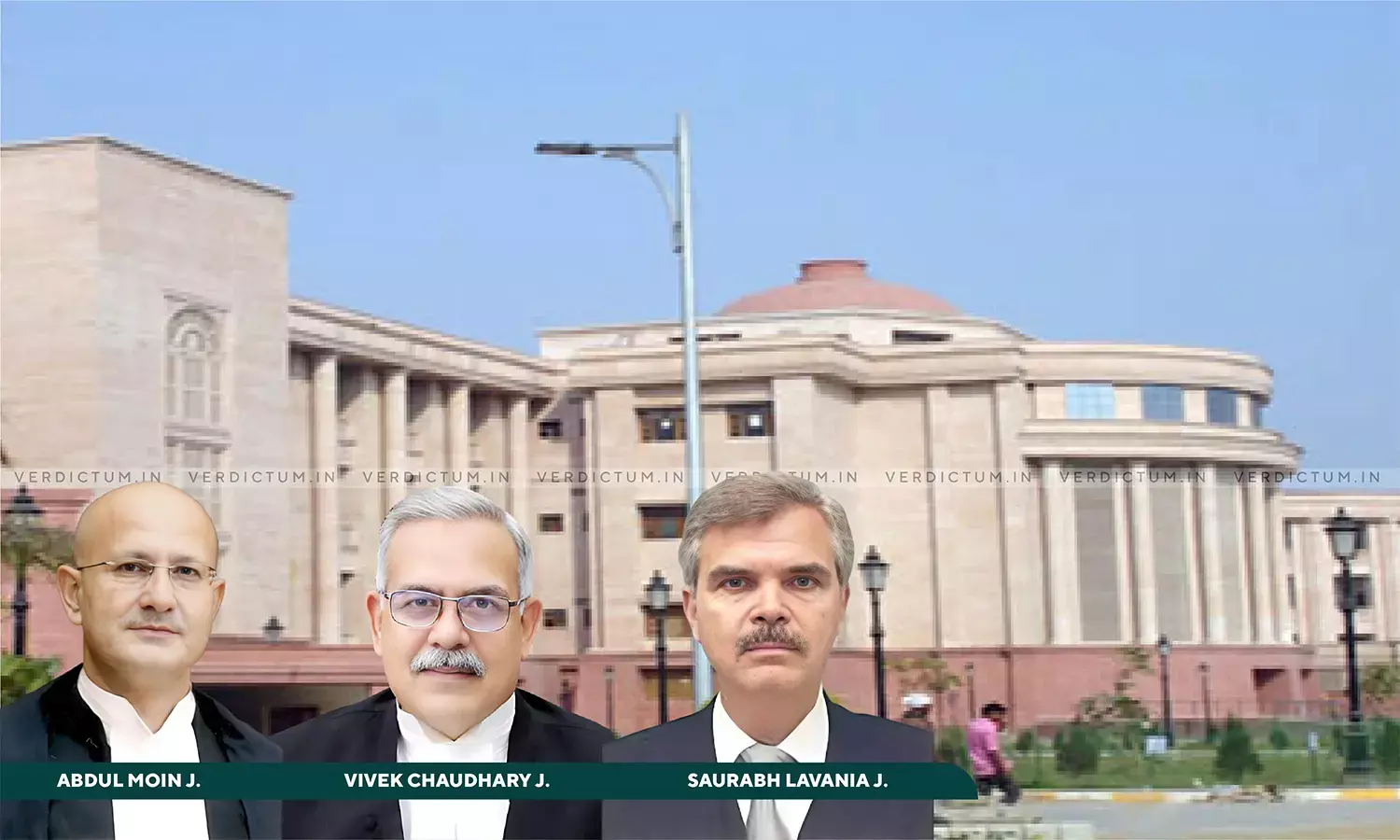Courts Can Not Decide Prisoner Remission; Only Government Can: Allahabad High Court
The Allahabad High Court underscored that courts lack the authority to decide on the grant of remission to a prisoner until a decision is made by the government or the relevant state authority.
The Court had to determine as to whether a Division Bench was justified in directing Chief Judicial Magistrates to release convicts as an interim measure when their applications for remission or premature release had been pending beyond a stipulated period. This was questioned by another Division Bench in March, which led to the matter being referred to the Full Bench for resolution.
A Full Bench of Justice Vivek Chaudhary, Justice Abdul Moin, and Justice Saurabh Lavania clarified, “such determinations fall within the realm of governmental authority rather than judicial purview. Parole or remission is regarded as a privilege subject to specific conditions, not an inherent right. While the Court can step in if authorities unduly delay decisions on a detainee's representation, it lacks the direct power to grant release. Its intervention is limited to compelling the competent authority to promptly adjudicate.”
Advocate Yogeshwar Sharan Srivastava appeared for the Petitioner and Advocate VK Singh appeared for the Respondents.
The Full Bench clarified that only the appropriate authority possesses the power to grant remission, not the courts. It emphasized that remission for convicts is permissible under specific constitutional provisions and criminal procedure laws. The Court highlighted a policy established by the State of Uttar Pradesh in 2018, subsequently amended in 2021 and 2022, pertaining to remission.
Referring to precedent, including the Supreme Court case of Home Secretary (prison) and others vs. H. Nilofer Nisha, the Full Bench reiterated that decisions regarding parole or remission fall within the purview of governmental authority, not the judiciary. While courts can intervene if there are undue delays in decision-making by authorities, their power is limited to compelling prompt adjudication, not direct release.
Regarding the general directions issued by the Division Bench in January, the Full Bench clarified that there is no constitutional provision or criminal procedure code empowering the High Court to release convicts en masse on bail solely due to delays in remission decisions.
The Court said, “It is apparent that the Division Bench has tried to exercise the power of remission of releasing an accused in the garb of bail, without there being any bail application on behalf of such a person and without applying its mind with regard to entitlement of any such bail, on merits, to such a person. Since the power of remission could not have been exercised by the Division Bench there is no question of exercising such a power in the garb of a bail order.”
The Court said, “The Division Bench in Ganesh (Supra) could not have issued any direction for granting the general directions of bail commanding the Chief Judicial Magistrates to release convicts whose applications for remission/premature release have remained pending beyond a particular period, as interim measure, till disposal of the said applications”
The Court added, “In view of aforesaid, it can be safely held that the Courts have no power to decide the question of remission till decision is taken by the appropriate Government or concerned authority or State Government.”
Cause Title: Ambrish Kumar Verma v. State of U.P. & Ors.
Appearance:
Petitioner: Advocate Yogeshwar Sharan Srivastava
Respondents: Advocates Dr. VK Singh, SN Tilhari, Bipul Kumar Singh, and Shivendra Shivam represented the State. Advocate Pranjal Krishna served as Amicus Curiae, and Advocate Prashant Kumar Singh also appeared in the matter. Additionally, Advocates Ravi Kant Pandey and Abhilasha Singh represented other respondents.
Click here to read/download Judgment




